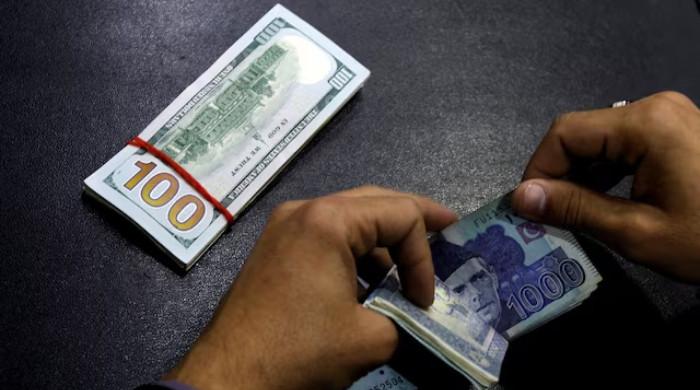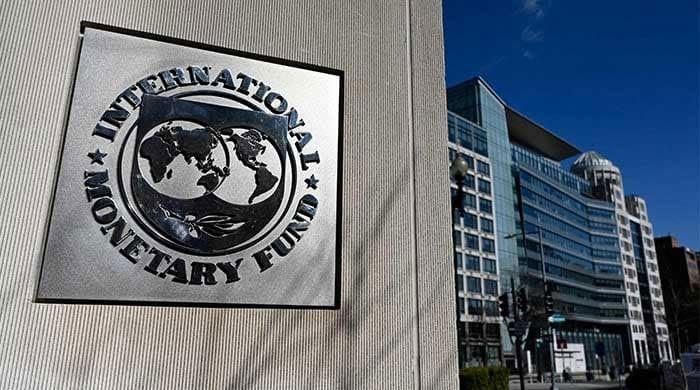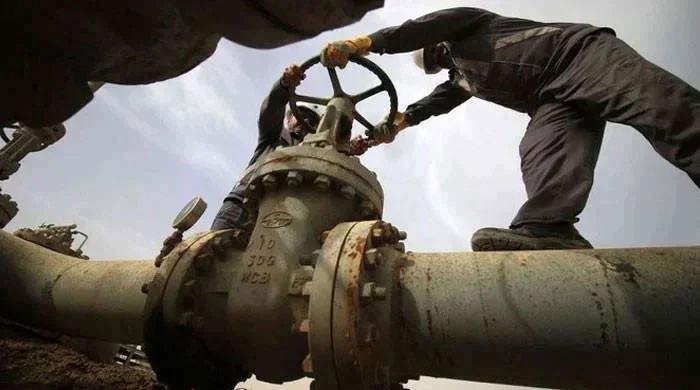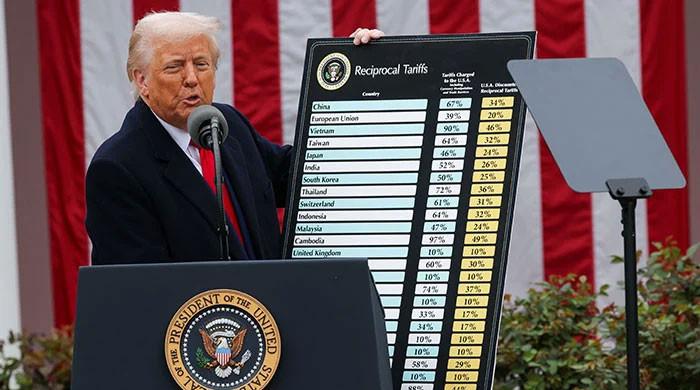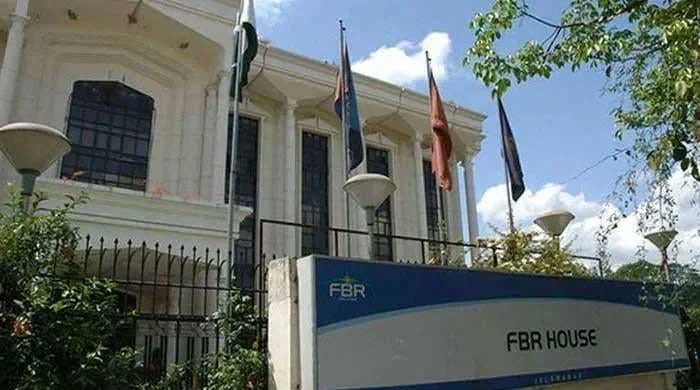PSO's liquidity crisis puts Pakistan's LNG supply in winter at risk
State-owned PSO's liquidity crisis swoops to all-time high with unprecedented hike in its receivables
November 14, 2022
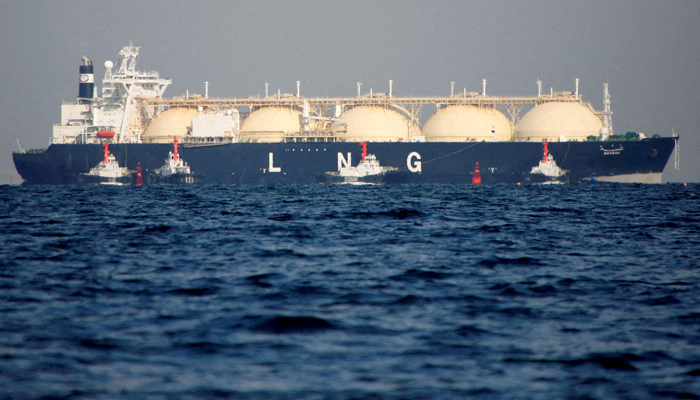
- State-owned PSO's liquidity crisis swoops to all-time high.
- Company's receivables reach unprecedented hike of Rs621.168bn.
- Receivables and payables of PSO have scaled up to Rs890 billion.
ISLAMABAD: State-owned Pakistan State Oil's (PSO) liquidity crisis has swooped to an all-time high with an unprecedented hike in its receivables to Rs621.168 billion and payables to Rs268.5 billion, The News reported Monday.
The situation has resulted in the company being unable to offload its liabilities with regard to letters of credit (LCs) amounting to Rs218.5 billion for the import of furnace oil and LNG.
The worrying liquidity crisis has virtually put the LNG supply at risk for the winter season as the receivables and payables of PSO have scaled up to Rs890 billion, a senior official at the Ministry of Energy told The News.
According to the receivables and payables position of PSO as of November 9, available with the publication, the non-payment of a mammoth amount of Rs400.258 billion by Sui Northern Gas Pipelines Limited (SNGPL) under the head of LNG imports has emerged as the major headache for PSO.
The SNGPL has so far committed a default of Rs393.5 billion towards PSO. The utility also owes PSO Rs6.758 billion in the head of exchange rate loss.
The official said the worsening liquidity situation of PSO and non-payment of dues from SNGPL has put the LNG supply at risk.
Meanwhile, according to the official, PSO intimidated the Petroleum Division on November 11 that its borrowing limit has already reached the maximum level and if the situation continues unabated, it will not be able to further borrow the finances to maintain the LNG supply in future.
The official also disclosed that PSO wants the intervention of the Petroleum Division to keep the receivables from SNGPL in check and to this effect an implementation of the payment plan as was earlier agreed with SNGPL needs to be met in letter and spirit.
This is necessary so that the foreseeable funding gap during the winter season is bridged to ensure an uninterrupted supply of LNG and other petroleum products in the country.
PSO has, he said, suggested that a concrete plan is devised for the settlement of existing receivables from Sui Northern and to halt future receivables accumulation.
Details show that the power sector continues to be a defaulter of Rs176 billion of PSO. GENCOs (Electric Power Generation Companies) and CPPA (Central Power Purchase Agency) owe Rs146.877 billion whereas HUBCO Rs24.737 billion and KAPCO Rs5.932 billion.
National flag carrier Pakistan International Airlines has also so far failed to pay Rs23.750 billion to PSO. However, in the head of price differential claims from the Government of Pakistan, PSO is needed to be paid Rs8.934 billion.
And in the head of the exchange rate differential on the FE 25 loan, PSO is also required to be paid Rs10.680 billion.
Coming to the payables situation, the data shows that PSO is also required to pay the amount of Rs50 billion to refineries, which includes Rs26.641 billion to PARCO (Pak-Arab Refinery), Rs9.783 billion to PRL (Pakistan Refinery Limited), Rs4.401 billion to NRL (National Refinery Limited), Rs8.309 billion to ARL (Attock Refinery Limited) and Rs866 million to ENAR.
The data shows that PSO’s liabilities with regard to LCs payments to KPC (Kuwait Petroleum Company) and LNG payments to Qatar have surged to Rs218.5 billion and this is how the total payables have skyrocketed to Rs268.5 billion.





